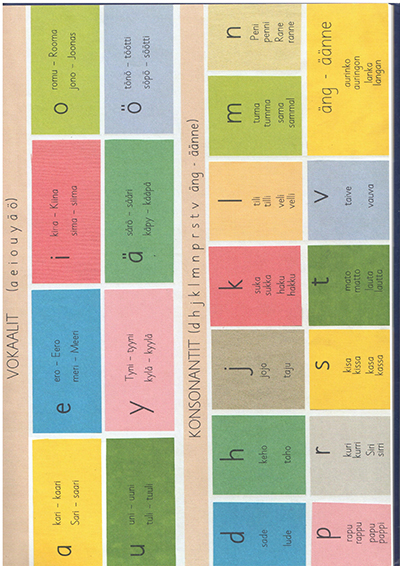| Sorted by date | |||
page002from KEY IDEAS IN SOCIOLOGY
The End of History and the Last Man The Age of Discontinuity The Jobless Future The Twilight of Common Dreams TheNew WorldOrder The Coming Information Age The Closing of the American Mind Powershift Paths toParadiseon the Liberation From Work The coming Global Boom Jihad vs. McWorld
Do titles such as these make you feel curious, a little excited, or apprehensive? Realize that the authors intended to provoke such response, in part because they help to sell books. Realize, too, that you and your contemporaries are not the first to feel this way about trends in the social world. Approximately 150 years ago, the intellectual forerunners of contemporary sociology began looking at the rapid and far-ranging changes occurring in their world and wondered why those changes were happening and where they were heading. This was the beginning of a tradition of sociological searching for answers to questions about social change.
Each succeeding generation was stimulated by the ways their predecessors attempted to understand their own-particular historical situations. They borrowed ideas from those who came before them, adapting those ideas to the new circumstances that characterized their own times. In fact, the ideas expressed in the preceding titles are essentially variations and extensions of, and reactions to, not only contemporary social events but also a tradition of social thought. This book is about some of the major ideas that have developed out of that tradition. It examines their origins, their development, and their relevance at the drawn of the twenty-first century. ▇ Conceptualizing Contemporary Society In this book, we will examine four key ideas that have played a central role in discourse about the nature of society. Specifically, in the four chapters that follow we will explore the meaning and significance of the following ideas: industrial society, democracy, individualism, and modernity. These ideas can
|
|||
|
|||
|
|
 ... ...
... ... ... ...
... ... ... ...
... ... ... ...
... ... ... ...
... ... ... ...
... ... ... ...
... ... ... ...
... ... ... ...
... ... ... ...
... ... ... ...
... ... ... ...
... ... ... ...
... ... ... ...
... ... ... ...
... ...